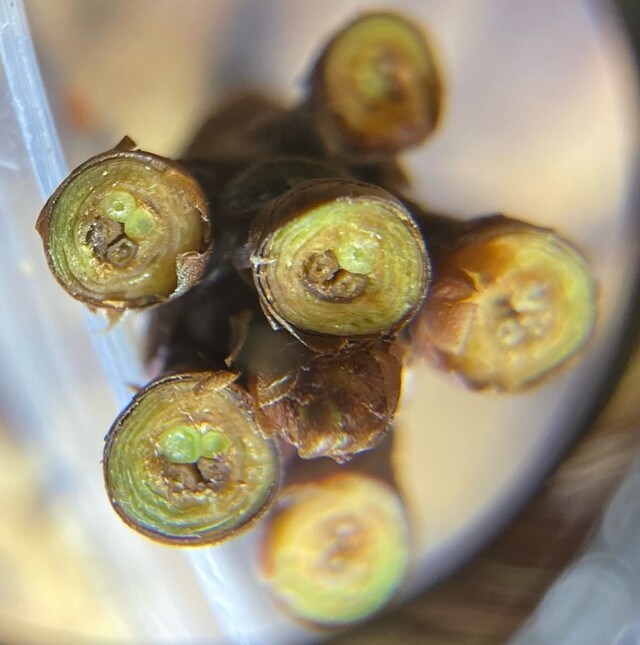The consensus is this winter’s cold snap will likely be the worst of a string of bad climate-related hits for B.C. cherry growers.
“It’s not looking good,” says BC Cherry Association president Sukhpaul Bal.
The bud damage is being described as significant and widespread, but he doesn’t have specific numbers yet about how much of the crop could be lost. He adds that BC Cherry Association members would be happy with just an average season at this point, given the frequency of damage over the past four to five years.
“2020 was kind of a freeze that even lasted longer... 2021 was the heat dome. 2022 from our research and looking back at things, you can call it the hangover from the heat dome,” Bal explained.
He says that was followed by a deep freeze in December 2022 that impacted last year’s crop, and now last month's extreme cold blast. At some orchards the temperature dropped to -30 C.
“Why it was so severe this go around is because it was so mild before that cold snap came in, “ said Bal, who calls it a silent disaster, unlike other extreme weather events like flooding or fire.
He says volumes will be down and prices will be strong.
While most orchards have insurance, repeated claims are having an impact on coverage. That’s why the industry wants governments to rework support programs to reflect the impact of these repeated and extreme climate events.
“This is a new ball game and we’re playing with these old rules and programs that were designed for that one-in-three years you have a bad crop but you bound back in the next two."
“Before 2020, talking to our members, they recall maybe in the last 30 years before that maybe three years where there was a substantial short crop. But those were spread out by many years.”
While he’s not worried about the impact of the latest crop loss on the BC Cherry Association’s market share globally, he says it does raise concerns about food security.
“I don’t think it’s just a cherry or a grape situation. I think it’s a food security situation that’s a topic that should be on the mind of the lawmakers and representatives,” Bal points out.
Grape crops in the Okanagan appear to have been devastated by the same cold snap.
That’s why Bal says the association has been talking to government about long-term solutions including more water storage give the forecast of drought conditions again this year in many parts of the province.
“In the past four or five years we’re trying to give the signals to government that something has changed to these extremes and that puts us at a very high risk.”




